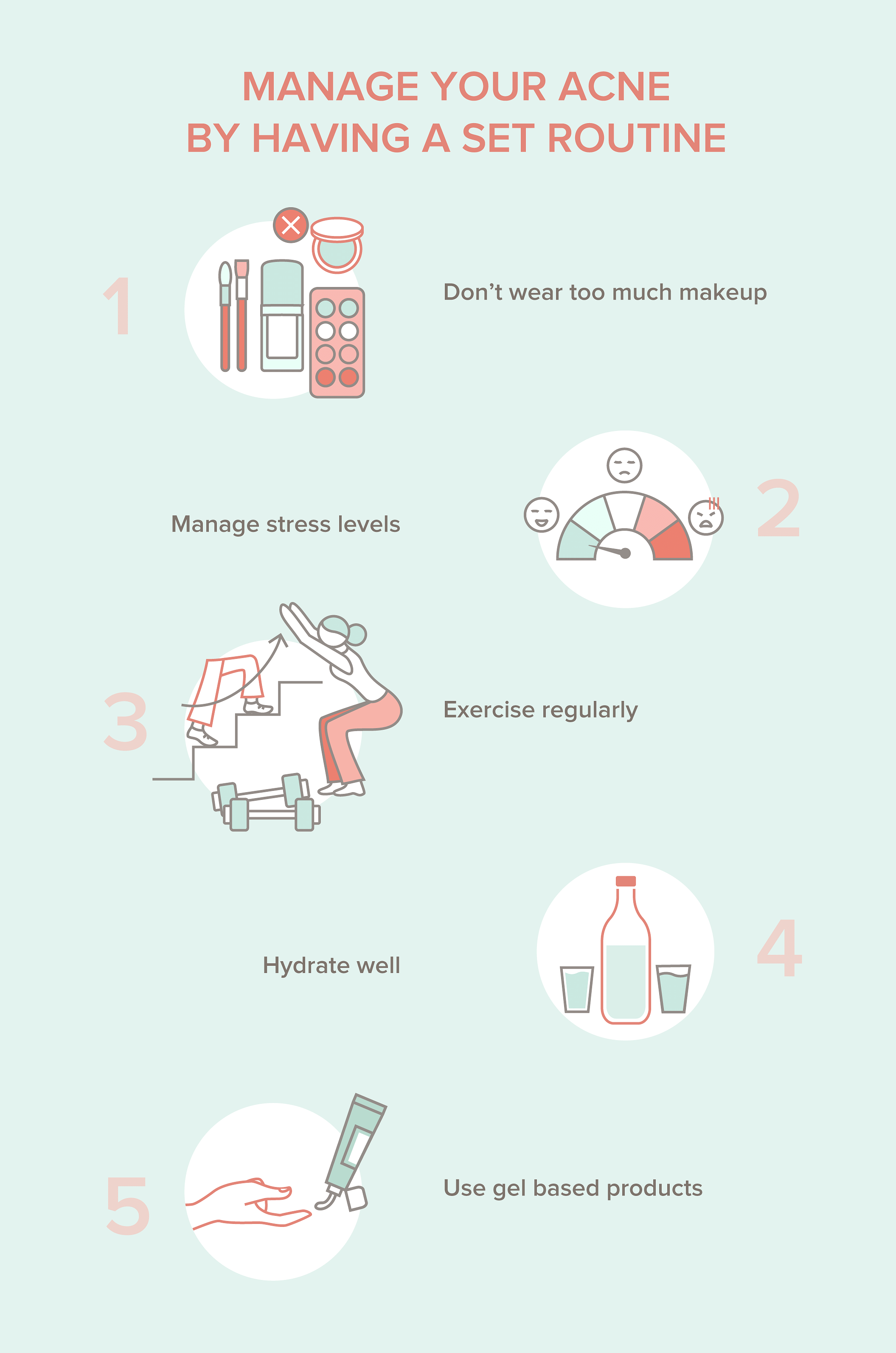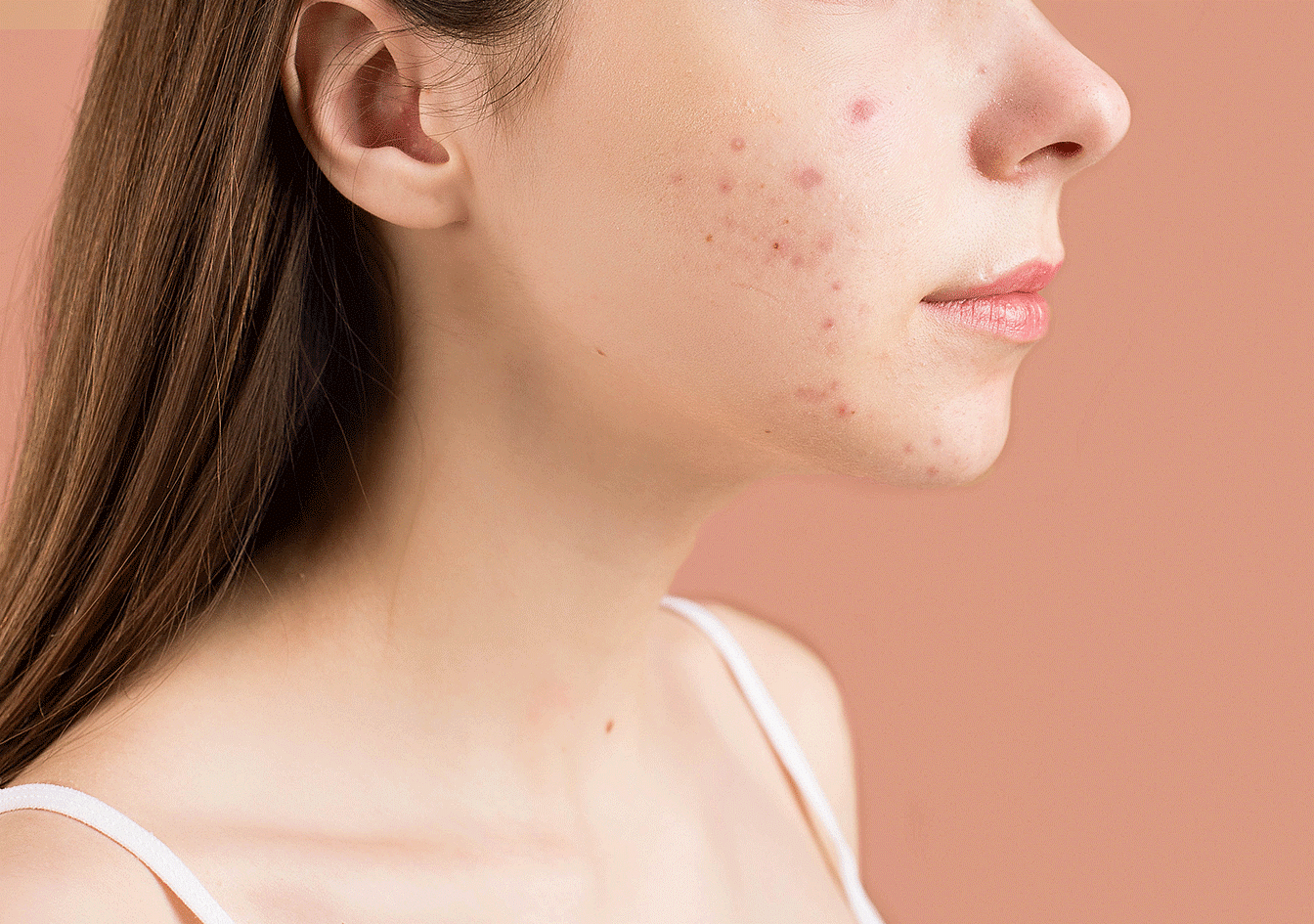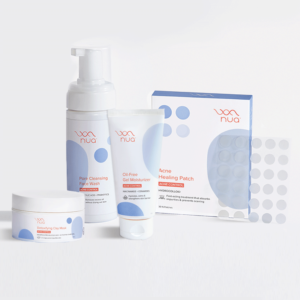Acne is a stranger to no one. Acne comes and goes with hormonal changes, uninvited, as and when it wishes to and all we can do is worry and pray that it leaves without a scar. Unsettling, yes, but we can get a step closer to understanding types of acne — keep your enemies close! — by analyzing it.
Here’s how Dr. Poonam Wadhwani categorizes the types of acne:
- Comedones
Comedones are clogged pores filled with oil, dead skin and bacteria. When it is open, it is popularly known as ‘blackhead’ and when it is closed, we call it ‘whitehead’. Comedones are the most painless and easy to get rid of type of acne. You can try a vacuum patch, you could exfoliate, and you could even just use your fingers to remove them (but do consult with your doctor before you do).
- Papules
Papules are a little hard to spot because they’re small, tender bumps that form on the surface of your skin. It happens when clogging causes hair follicles to become inflamed. They can be irritating and cause some level of itching, so keep a lookout.
- Pustules
These are also small, tender bumps like papules, except they are red and accumulate pus at the tip. Popping these may leave some scarring so avoid touching them as much as you can. These mostly occur in teens so we really mean it when we say don’t touch them. There are several OTC medications that you can purchase to relieve yourself of these bad guys (again, do talk to your doctor first).
- Nodules
These mighty painful inflammations are pretty severe and may leave you feeling extremely irritated. They often occur when your Cysts are literally defined as “liquid-filled sacs”, emphasis on ‘sac’. If you have a cyst, you won’t miss it. they are irritating, painful and very, very evident. Like the nodule, they manifest as part of moderate to sever acne and you’d be extremely well-off talking to a doctor about it.
All the above mentioned kinds form when skin pored or hair follicles get clogged to the brim with dust, bacteria, oil and dead skin. A gland called the sebaceous gland is mostly responsible for this. Don’t worry, it’s better than it sounds.
What happens, according to Dr. Poonam is when your body goes through hormonal changes, especially the rise and fall of oestrogen levels, the sebaceous glands get pushed into overdrive. This forces them to produce sebum, which is an oily substance, in excess. Where is the sebum to go but for the pores in your skin?
Your acne may be ‘mild’ (yay!) so long as your lifestyle is well-regulated. Sometimes, with bouts of extreme stress and hormonal changes, your acne might move to a ‘moderate’ phase. That’s completely manageable too. Finally, your acne does have potential to be ‘severe’ but don’t worry; always remember that a dermatologist is only a call away.

Our experts work round the clock to provide you with the answers that you are looking for. So, if you have any, leave it in the comment section below or send us a DM at @nuawoman. This is a safe space that we have built for you so do not hold back on any doubts you may have about your body and mind.
Read other articles by Dr. Poonam Wadhwani on InSync here.









